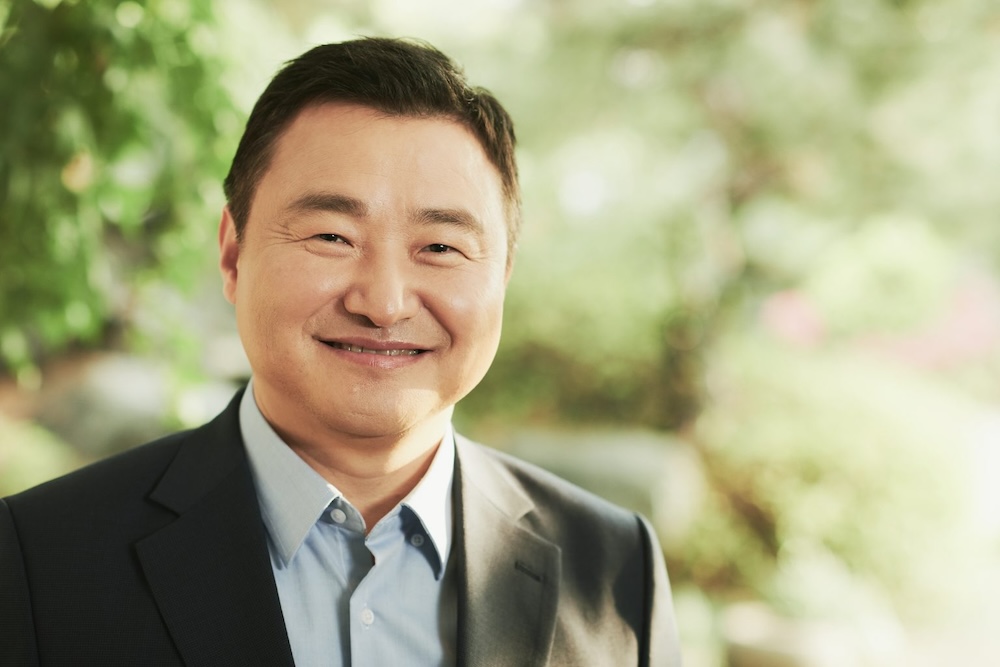
At a pre-event analyst get together the vendor said Shannon’s limit will limit gains from deploying AI
Samsung Networks said it expects only modest improvements from AI when deployed in networks given that many are already close to Shannon’s limit. The vendor, which already has AI embedded in its RAN solutions, sees its advantages to be mainly in managing complexity and reducing power consumption.
Speaking at an analyst event on the eve of Mobile World Congress the vendor provided a welcome dose of reality to the impact AI will have. According to CCS Insight industry analyst Ian Fogg the managing complexity element is still however pretty crucial for vendors and operators. “The rising complexity is visible from Samsung’s expectations on the evolution of multiple-input, multiple-output technology,” he wrote on a CCS Insight blog. “It sees 128TRx becoming common on 3.5 GHz and 6 GHz spectrum bands, and 256TRx on 13GHz.”
To its credit, Samsung has never been bigging up Open RAN but instead has focused on building its virtaul RAN (vRAN) client base. Globally, Samsung claims to have reached 38,000 virtual RAN sites compliant with Open RAN. In Europe, it is working closely with Vodafone in the UK and in Romania, plus has trials with the operator in Germany and Spain.
Fogg pointed out that Samsung had been really concentrating on ecosystem partnerships. “Its public ecosystem relationships have risen from less than 10 last year to 23 across CPU, server, cloud, Open RAN radio units, transport and rApps automation applications,” he wrote. “The company focused on momentum for virtual RAN rather than discussing 5G-Advanced, 6G or AI in its business review, reflecting service providers’ focus on getting a return from today’s 5G, not the future.”
Chip advantage
Samsung highlighted its in-house chipset expertise as a competitive advantage. Notably, wrote Fogg, Samsung develops these chipsets in its networks business, meaning it has close control over the requirements and road map, rather than relying on other Samsung business units.
In core networks, Samsung cited wins with KDDI on a standalone 5G core commercial network; SK Telecom and Telus on virtual roaming gateways that improve responsiveness for roamers through use of Amazon Web Services; and South Korea’s LG U+. Interestingly, but not surprising, the vendor sees greater revenue opportunities from RAN than its core business.
Fogg said Telus executives attended the event and spoke about choosing Samsung for virtual RAN- and Open RAN-compliant equipment to replace its Huawei kit – similar to Vodafone in Romania. “Telus is midway through replacing Chinese supplier equipment and plans to move the remainder to Samsung by 2027,” he wrote. “It expects the deployment to enable enhanced performance, energy efficiency, flexibility and automation.”
The analyst believes while Samsung has strong momentum in North America on virtual RAN, in Europe it needs to gain commercial footholds at more operator groups quickly, before all decisions have been made on Chinese equipment switch-outs.
Samsung Electronics is feeling AI-tastic
Unlike its slightly dour Networks cousin, Samsung Electronics promised to “unleash” Galaxy AI to unsuspecting visitors at Mobile World Congress 2024. The vendor plans to embed AI in its entire device product line [where compatible] including its Galaxy Book series, intelligent health with Galaxy Watch series and the much-anticipated-by-geeks Galaxy Ring which is being publicly displayed for the first time.
So, in addition to the flagship Galaxy S24 series, Galaxy AI capabilities are soon to be expanded to existing Galaxy models, including Galaxy Z Fold5, Z Flip5 and Tab S9 series, as well as Galaxy S23 series and S23 FE. The vendor is also showcasing its new Galaxy Book4 series, set to launch globally today.
“Our latest Galaxy products and innovations unlock the power of mobile AI to empower users in their everyday lives to open up new possibilities,” said Samsung Electronics president and head of mobile experience business TM Roh (above). “At MWC this year, we’re excited to showcase Galaxy AI across our portfolio, including Galaxy S24 series, proving just how powerful these devices are in enabling a better, more intelligent and connected future.”
